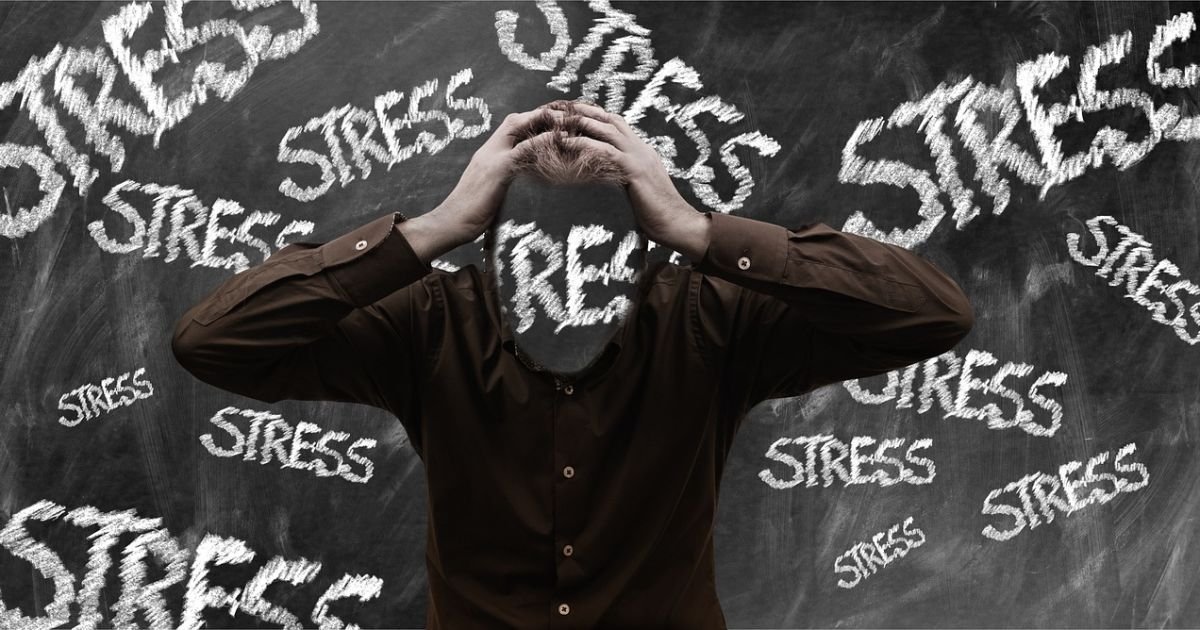Meditation, art therapy, diaries or even biofeedback: Here are 7 basic disciplines that help reduce stress and cultivate peace in the whirl of modern life.
Considered a disaster 21thCentury, stress affects the physical and mental health of individuals.
According to a French public health study, French health is getting worse in 2023, especially among young people aged 18 to 24 years.
Children are not spared: 13% of 6-11 years of age would have a probable mental health disorder. And according to the Statistical Services of the Ministry of Health (Drees), almost one of the six minors represents psychosocial problems between 3 and 17 years.
From the meditation of mindfulness to Tai Chi Chuan through art therapy and biofeedback, discover practical approaches to mind calm, reduce tension and support permanent mental well -being.
1. Stress: Meditation of mindfulness
Derived from the ancestors of Buddhist practice adapted to the teachers with Western needs Jon Kabat-Zinn In the age of 80, meditation of mindfulness was by exercising in the mind that focused on the current moment. According to Christophe André, psychiatrist and author of several works on this topic, he explains ” Meditation inside cleaning. We are more attentive to his emotional state and the state of the other (…). It is a return to a relationship with a very animal, a very sensory time in which we only notice what happens at a specific moment. »»
The method that has been recognized to alleviate stress and anxiety would be as effective as antidepressants, with 30% less symptoms. It may have other mental health benefits, such as increasing self -confidence, improving concentration, strengthening memory, supporting sleep and reducing the risk of addiction.
At the end of 2023, Petit Bambou exceeded eleven million users around the world. Created in the north in 2015 is the first meditation application in France.
2. Stress: Yoga
Excellent stress practice, yoga has almost 300 million followers around the world.
According to a study by the National Union of Yoga Professors in 2021, 10 million Frenchmen practiced yoga between 2019 and 2021, an increase of 300 % in ten years.
Its advantages are multiple: reducing stress, improving flexibility and muscle strength, better sleep quality, increased concentration and strengthening the immune system.
There are different types of yoga: Hatha Yoga, the most popular and practical, Ashtanga Yoga, Vinyasa Yoga, Kundalini Yoga, Yoga Nidra or Yoga Bikram, sometimes controversial that is practiced in a heated room at 40 °.
3. Stress: Regular physical exercise
Sport is often considered an excellent strategy to reduce stress. It really liberates endorphins, neurotransmitters of well -being, helps to release tension and improve mood.
Among the beneficial physical exercises for stress management, fast walking, running, swimming or even dancing. It is important to choose an activity that attracts you and that you can integrate regularly into your schedule. If you want to help you, do this test and choose a sport that suits you best.
4. Stressing: ARTETERAPY
Art may be beneficial for health, physical and mental, recognized world health organizations (WHO) for Europe in a report published at the end of 2020.
” This report is studying artistic activities to promote health and prevent it from deteriorating, as well as management and treatment of physical and mental health and facilitate palliative care problems “He said the WHO press release.
Art therapy consists in using various forms of artistic expression, such as drawing, painting, sculpture or music to help individuals explore their emotions, deal with psychological problems and support well -being.
” Art therapy, as I define it, is the therapy that uses artistic expression as mediation. Its purpose is to help people suffering to say something about it when the words are difficult or when speech is impossible. »Explains Géraldine Canet, pedagogy coach, childhood professionals.
5th Stress: Journaling
Stress management tool, diaries are regularly writing your thoughts, emotions and experiences. This practice would support constructive reflection and perspective. Whether to stick to a diary, set daily goals or even practice gratitude by calculating positive moments, the integration of these habits in the diary would bring better mental clarity and reduce stress.
For Emmanuelle Ryseer, a specialist in life stories, may have written a liberating effect: “IL is not unusual to feel this need to write when you experience great emotions. This may have a katartic effect, pouring our misfortune on the page. It is often liberating. »»
6. Stress: Biofeedback
Popular across the Atlantic, this technique still unknown in France, is a natural way to reduce the symptoms of stress. During the session, sensors measure physiological reactions to stress and help one regulate them with relaxation techniques.
Biofeedback, often used in conjunction with other therapeutic approaches, offers several benefits for health and physical health. It can even alleviate a certain chronic pain or pathology.
A study by the Ministry of Neurology of the Harvard Harvard School in the United States and published in 2009 shows that biofeedback can reduce the frequency and severity of migraines and headaches in the patient, especially if it is associated with relaxation techniques and respirations and/or rehabilitation exercises. Biofeedback may also reduce the symptoms of attention disorder with hyperactivity (ADHD)
7th Stress: Tai Chi Chuan
This martial martial art of Chinese origin, which combines the movements of fluids, techniques of breathing and meditation, turns out to be a physical practice with many virtues, both for the body and for the mind.
The Professor Peter WayneFrom the Harvard Faculty of Medicine, especially emphasized its positive impact on stress management. A Chinese study published in the Journal of Rehabilitation Medicine in May 2020 suggests that Tai Chi also slows down heart rate, maintains blood vessel elasticity and reduces blood pressure, reducing the risk of cardiovascular accidents such as myocardial infarction.
Two scientific studies have recently appreciated the advantages of discipline for people with cognitive disorders or suffering from Parkinson’s disease.








